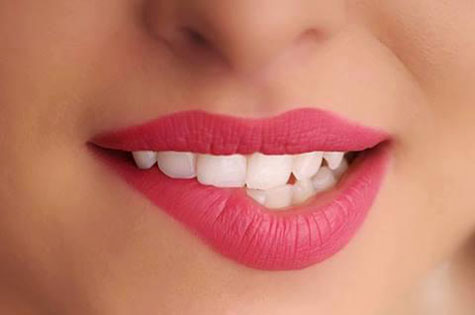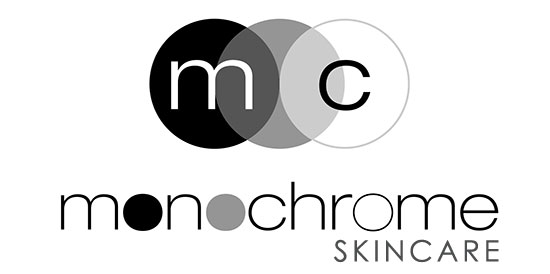A Lot of Beauty Creams do not do What They Say on The Tin
Deception in Cosmetics Advertising
A report called Deception in Cosmetics Advertising have analysed the deception in cosmetics advertising claims and found that the majority of them to be either false or unsubstantiated. This is potentially deceptive to consumers.

It has examined the advertising claims made in fashion magazine advertising and studied up to 300 full page adverts in magazines including Vogue and Glamour looking at make-up, skincare and body products and others.
Research judges put them into categories which were:
- Outright lie
- Omission
- Vague
- Acceptable
Omission means the claim fails to include important information needed to evaluate it truthfulness.
Vague means – containing a phrase too broad to have a clear meaning.
621 of the 757 claims were deemed to be either a lie, omission or vague and only 136 were acceptable to the judges.
Claims highlighted were:
- Dermatologically tested
- Natural
- Beautifies
- Soothes the senses
Concern was given to cosmeceutical products and the ones that say they have aesthetic and medicinal properties. Even though the consumers look carefully at their purchases the categories are unregulated with a lot of grey areas.
Claims like Backed by Science and Clinically Proven are now debateable. The author’s said “There is usually no substantiation of these claims, and those who back the claims with scientific evidence and consumer testing often use questionable methodologies for their substantiation”.
The research concludes that it is in the advertiser’s best interest to give consumers clarity and evidence to support a product’s claims. When it comes to scientific claims “the concrete evidence of ingredients, the scientific research processes used and lab results should be provided in laymen’s terminology”, advised the authors.
See also: Beauty Internet Scam
Source: www.aestheticmed.co.uk


New! Comments
Have your say about what you just read! Leave me a comment in the box below.